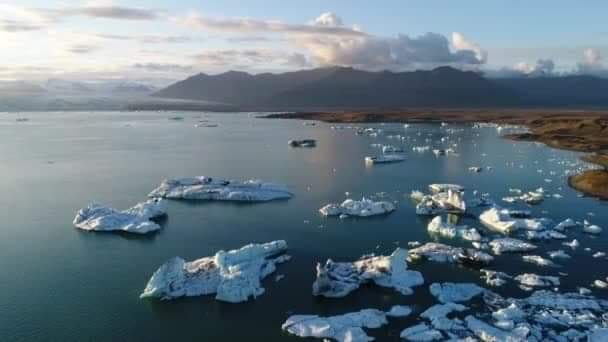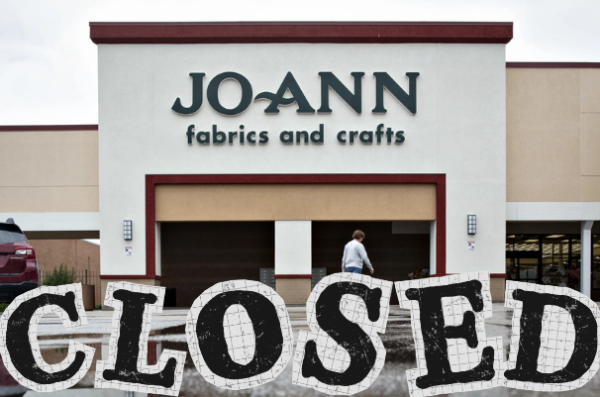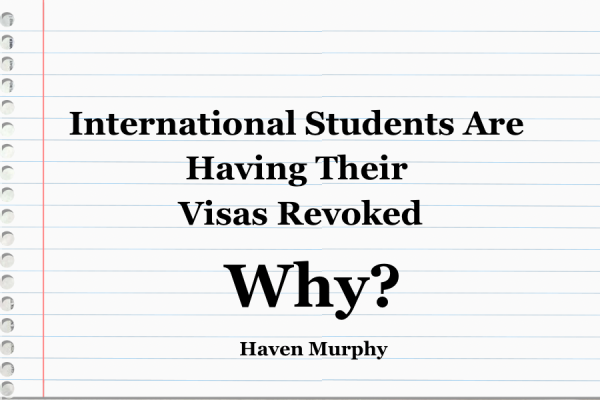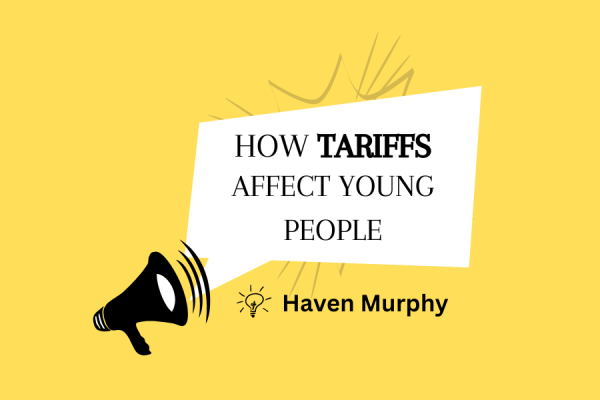Climate Change from the Perspective of a Science Teacher
Climate change is set to be a hot issue in United States politics for the next coming century as sea levels rise and the climate warms. Many scientists think that action needs to be taken, but many economists are pointing out the flaws in their plans to change the world overnight. I set out to investigate the beliefs of the most vocal and qualified teachers in Adams in regards to climate change, the economy, and politics. The first teacher I interviewed was Kingston, an economics teacher and a critic of many modern environmentalist movements. But I wondered, what’s the science behind all of this? What does an actual scientist think our future is going to look like? So, in order to answer that, this interview was conducted with Adams science teacher Matthew McQueen.
Will climate change denial contribute to climate change as a whole?
Climate change denial will definitely play into increased temperature, increased climate change, because the ones that are at the denier’s end, they’re not going to do things that would diminish their effect on climate change, they’re not going to be the ones who ride their bike more, drive their cars less, turn their thermostats down, change their eating habits, change their purchasing habits, shop local, they’re not going to be the ones doing that because they’re deniers.
Who or what are the biggest contributors to climate change.
Energy production, transportation, monoculture agriculture, (farming one crop, such as corn or soybeans, and not doing many crops together), overproduction, chopping down trees and then using that area to feed cattle, which have methane in their excrement and flatulence, that’s a big part of it. I think those are some of the main contributors.
What steps can we take to prevent it?
There’s no preventing it. We’re already too far gone. Looking at numbers, like 350 (ppm of CO2) is gone, passed, now we’re worried about 450. Those numbers… we’re not going to prevent it. Limiting the effects is about the only thing we can do, eating less meat, driving cars less, turning the thermostat down, look for other ways to heat and cool your homes, don’t have an air conditioner, I don’t have an A/C. Don’t run the A/C in your vehicle, walk more, there are lots of small ways to do it. Recycle, compost, grow your own food! Buy your food at the farmer’s market, don’t shop at the big places, buy your stuff secondhand, don’t spend so much money and time on single use products. Anything that is consumer society and meant to be used once and thrown away, that’s not going to help at all. So that’s definitely a few ways to limit the effects.
Will our generation be the ones who have to stop it?
I saw something yesterday about my generation being the ones who are able to help limit the effects… but in the same breath I was like ‘we have to be the ones to show the younger generations how to do it.’ and then it can be done, because the generation prior to my generation were the ones who were all in the things that would increase the amount of Carbon Dioxide in the atmosphere. They were the ones who were doing that. We’re the first ones, the first Earth day was before we were even born, so the generations before us after the industrial revolution started the problem, we brought about a green revolution in the late seventies, then that’s my generation, and we’re the ones who can help solve the problems, but we can’t solve it alone. We can’t solve it alone though, Native Americans always thought you should think seven generations into the future, and back then (around the industrial revolution) they weren’t thinking about future generations. I like to do that, I don’t have more than I need. I have a garden, I grow food inside I grow food outside, I compost, I drive an old four-cylinder. I try not to drive much, I walk a lot, I bike a lot, I carry my own bags to the grocery store, I mean there’s lots of little ways to do it, and people just have to make up their own mind. If they want to make those choices, to do them on their own.
Do you think environmental science should be required?
I think environmental science should be one of those classes that are required, not just biology, an environmental science class. I think that even in social studies classes it can be taught, and the denial of it… this is something that happens at a more-than-one human lifespan. It’s been ongoing since the industrial revolution, and that’s several generations of time. It’s gonna take more than one of those generations to fix it.
McQueen brought a unique perspective and shared an idea with us to provide a multi-generational solution to the issues involving climate in the future. He suggests that we change our behaviors to try and at least slow down the coming disaster.
Your donation will support the student journalists of The Tower and John Adams High School. Your contribution will allow us to purchase equipment and cover our annual website hosting costs.

Ash Veazie is a reporter for The Tower, where he mainly writes articles about political events and video games. Ash is a fan of politics, strategy games,...







